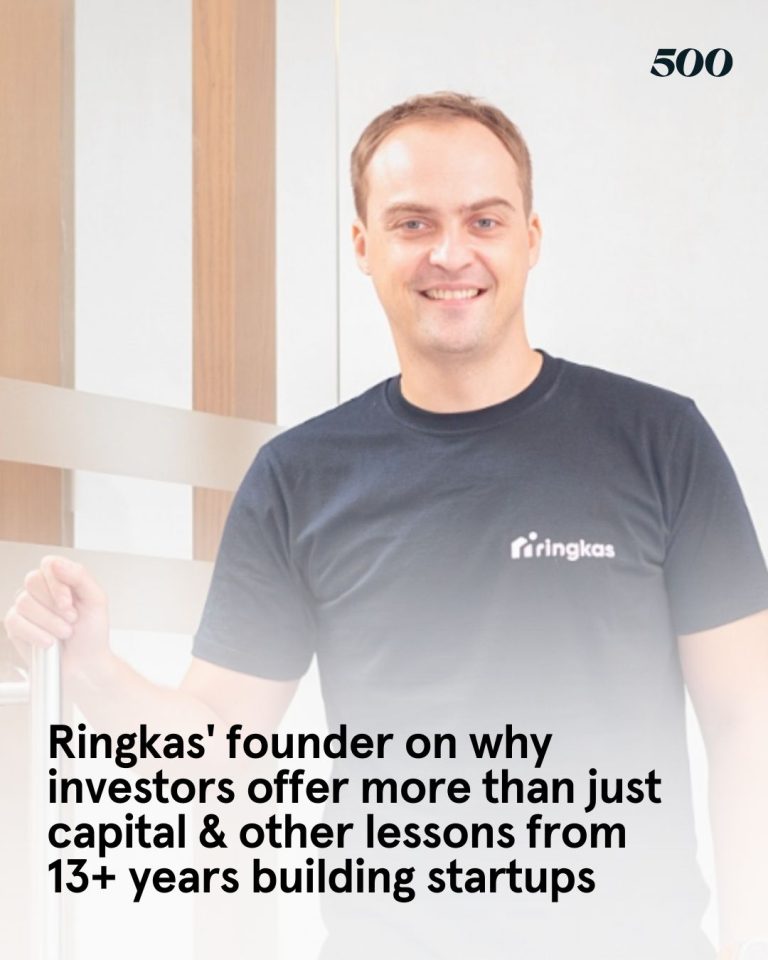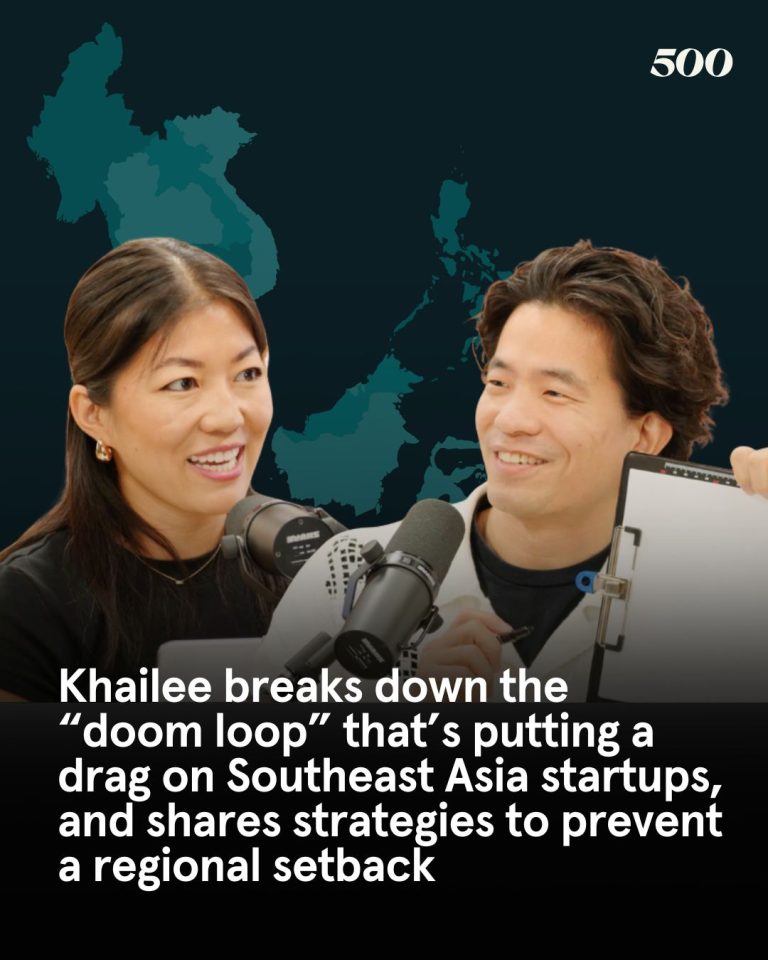Is the world more interested in the iPhone SE or coronavirus info?

iPhone SE vs worldwide pandemic
- Apple couldn’t have chosen a worse time to release the iPhone SE. The budget-conscious iPhone was released in April when Covid-19 was hitting its peak. All signs pointed to an economic downturn and dwindling purchasing power.
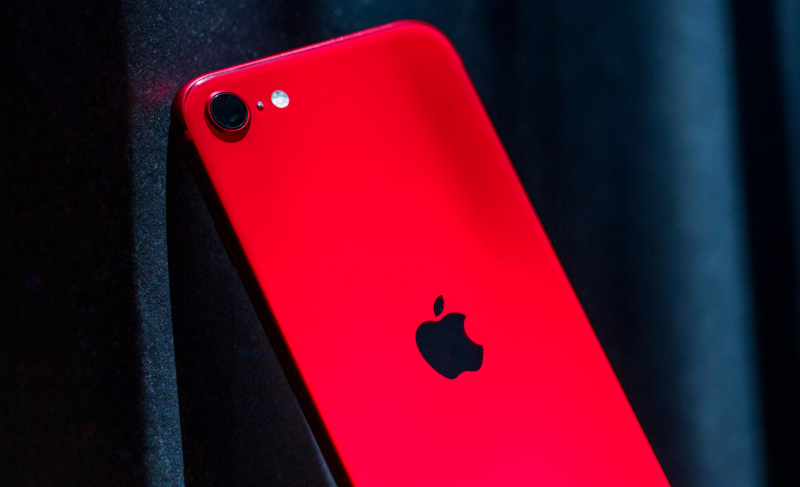
- Besides, the release was lackluster by the Cupertino giant’s flashy standards. Announced with little fanfare than a press release. No grand keynote, no press events, just words in a document.
- Yet, all of that was still enough to shift the world’s gaze from Covid-19 to the gadget, according to new insights from 500-backed iPrice after surveying 17 different countries and regions, which includes ones with high Covid-19 cases and deemed big markets for the iPhone SE.
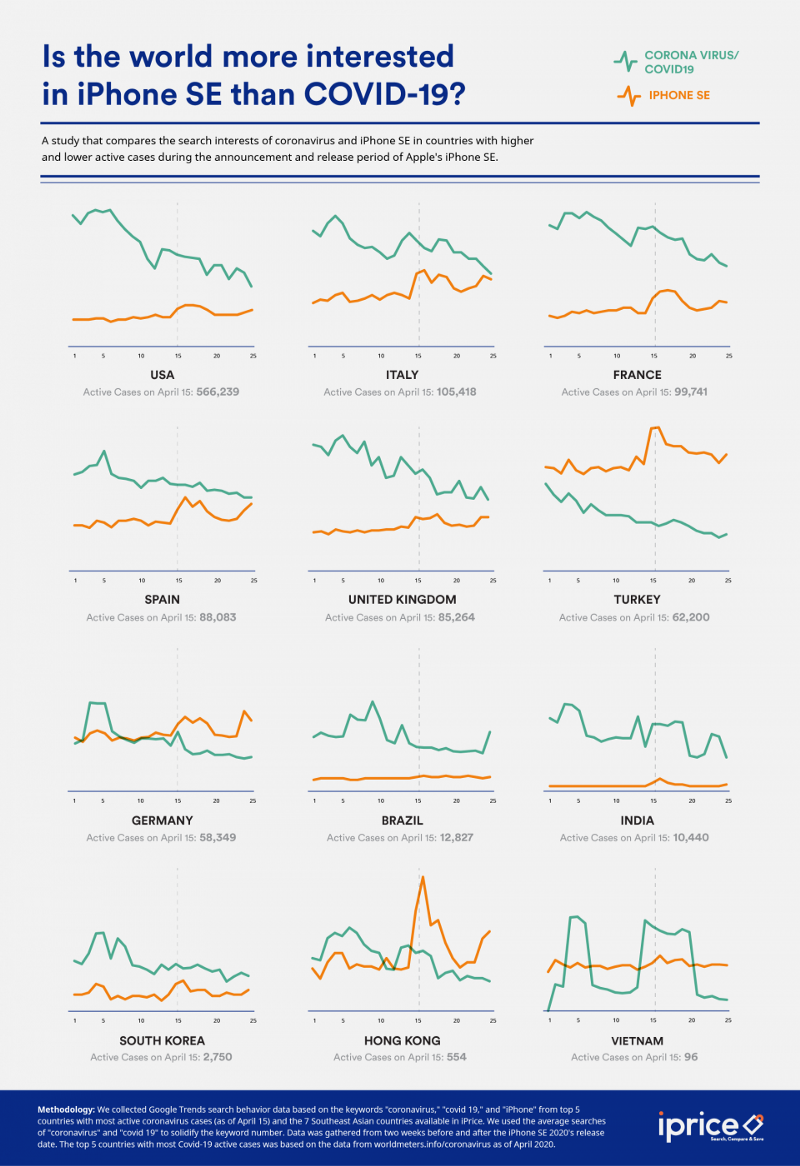
- Take a quick glance and you’ll see a consistent trend. Search interest of the coronavirus in surveyed countries dropped by April, around the same time when the iPhone SE was hitting the spotlight.
- When the new iPhone started shipping in late April, searches for “coronavirus”, “COVID”, and “COVID-19” dipped significantly. This is even seen in countries with high active cases like the US, Italy, and the UK.
- What about APAC countries, though? India, Philippines, Thailand, and Malaysia saw the proportion of searches for iPhone increased by 133%, 178%, 103%, and 104% respectively.
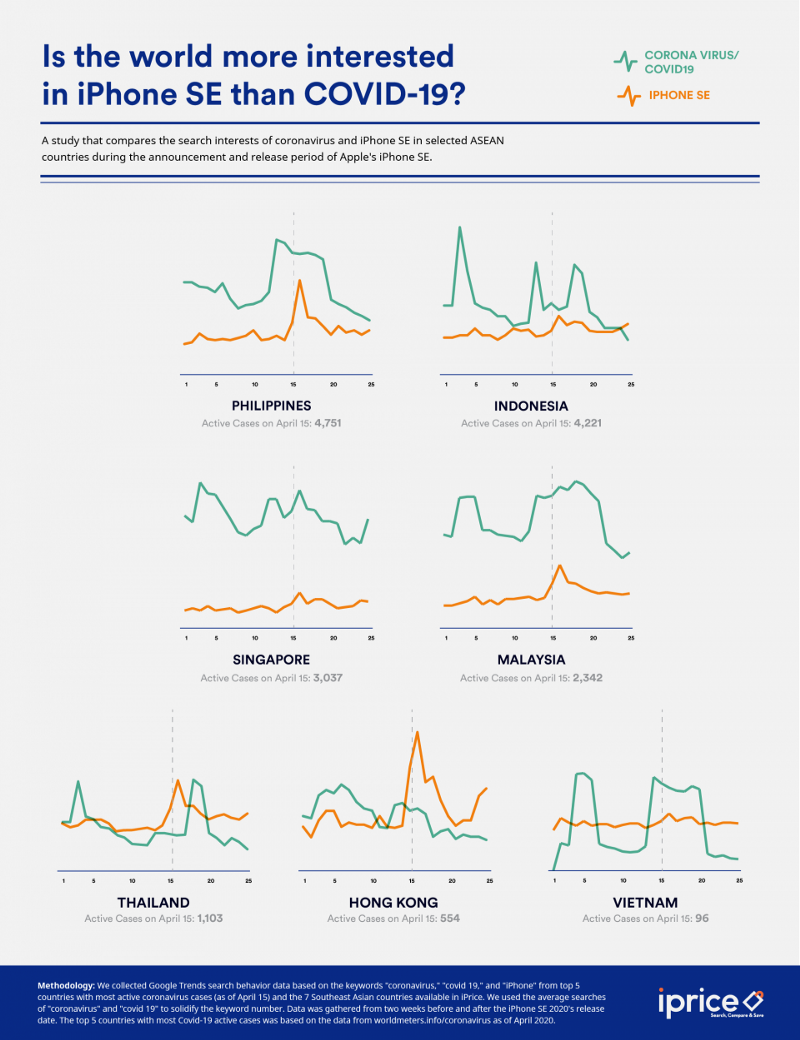
- Maybe it’s a coping mechanism or a distraction from the current realities of life, but there has been a spike for consumer electronics. For one, Nintendo is upping production for the Switch because the demand has been overwhelming.
- You can read the full study on iPrice
Running for a cause
- No running outside? No problem. Guillem Segarra, CEO of 500-backed HappyFresh ran a 21km marathon on a treadmill in his home in two hours!
- This is part of the online grocery marketplace’s donation drive raising funds to help people affected by the coronavirus outbreak. The target has been set at $100,000 with HappyFresh pledging 10,000 to kick things off.

- The proceeds from the drive will be distributed equally to a selected organization in each of the countries HappyFresh operates in: Indonesia (Aksi Cepat Tanggap), Malaysia (Mums4Mum), and Thailand (The Mirror Foundation).
- The campaign will run ’til 3 June 2020. If you want to contribute, here’s the link.
Free webinars from the Durians ecosystem
- This week, equip yourself with knowledge through a series of free webinars from 500-backed WORQ, GetCraft, and Horangi.
- Relevant to the times and insightful, the topics include how to build a website from scratch with the right tools, turning your passion into a profitable business from home, and winning cybersecurity strategies.
- Just click on any of the links below to know more:
GetCraft
WORQ
HORANGI - PS: If you have a webinar to share, please let us know!
Zoom-based escape rooms are now a thing
- We could all do with a bit of escapism from reality at the minute.
- Escape rooms are good fun for those who love challenging quizzes. But it’s not exactly the best time for group activities lately.
- So, escape rooms have come online instead to make socializing with your friends adrenaline-pumping or make your end-of-week work huddles a little less mundane.

- Puzzle BREAK, an escape room company with four US locations has devised a virtual version of its challenge “the Grimm Escape” that can be played by remote teams during virus lockdowns.
- Here’s how it works: Players closely interact with Puzzle Break staff members, dubbed “fairy godparents” in the game’s context, who can guide players, verify puzzle answers, and offer customized hints.
- Interaction is mostly done via Zoom while puzzle elements are shared via Google Drive.
- Hey, if you’re going to spend so much time Zoom-ing colleagues, friends and family — might as well bring some fun into it!
- Pricing for the virtual version of The Grimm Escape begins at $25/per person.
Stay tuned to the next Daily Markup! Missed out on the last Durian Daily? Go here for a full recap.
You can also find us on LinkedIn, Facebook, Twitter, and Instagram.

500 Startups is a venture capital firm on a mission to discover and back the world’s most talented entrepreneurs, help them create successful companies at scale, and build thriving global ecosystems. In Southeast Asia, 500 Startups invests through the pioneering 500 Southeast Asia family of funds. The 500 Southeast Asia funds have backed over 240 companies across multiple sectors from internet to consumer to deep technology. It continues to connect founders with capital, expertise and powerful regional and global networks to help them succeed.
This post is intended solely for general informational or educational purposes only. 500 Startups Management Company, L.L.C. and its affiliates (collectively “500 Startups”) makes no representation as to the accuracy or information in this post and while reasonable steps have been taken to ensure that the information herein is accurate and up-to-date, no liability can be accepted for any error or omissions. All third party links in this post have not been independently verified by 500 Startups and the inclusion of such links should not be interpreted as an endorsement or confirmation of the content within. Under no circumstances should any content in this post be construed as investment, legal, tax or accounting advice by 500 Startups, or an offer to sell or solicitation of interest to purchase any securities advised by 500 Startups. Prospective investors considering an investment into any 500 Startups fund should not consider or construe this content as fund marketing material. The views expressed herein are as at the date of this post and are subject to change without notice. A 500 Startups fund may have a financial interest in one or more of the companies discussed.
